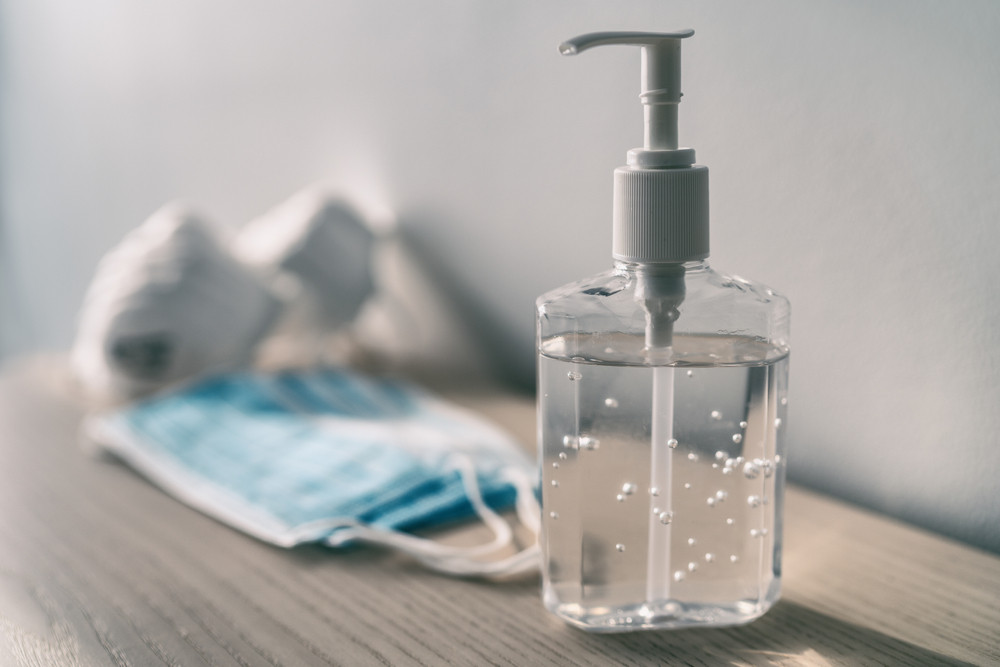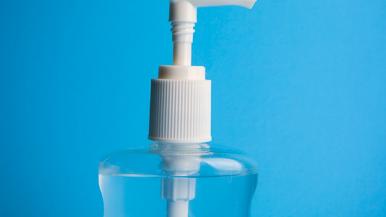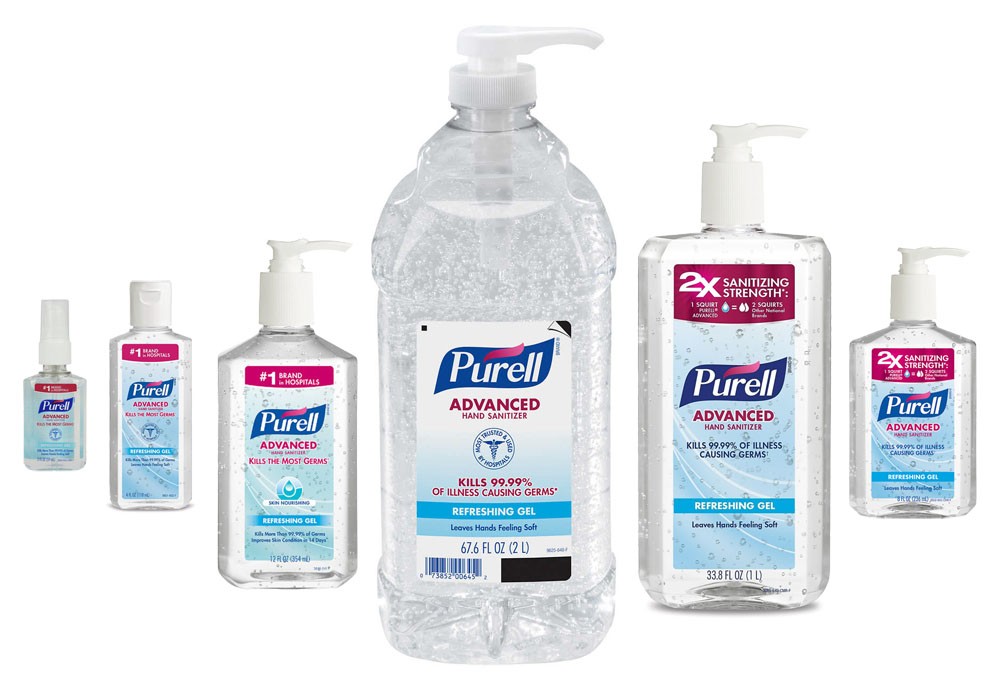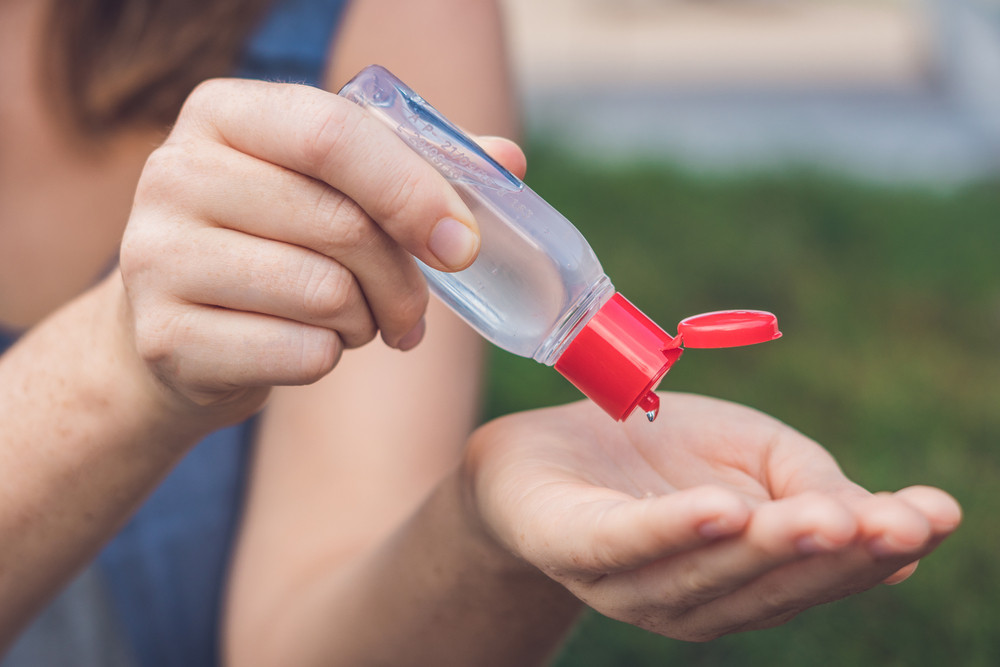Non-Alcohol Hand Sanitizer. In other settings non-alcohol based sanitisers can also be effective The British Standards Institute said in a statement that its test methods enable a consistent way to evaluate the performance of hygienic hand rubs in a controlled and repeatable way.
Refillable from only 60 each.
Does non alcoholic hand sanitizer work. However there is a strong lack of scientific evidence on the effectiveness of these and they are not upheld by either the CDC or the FDA. These agents are less effective than alcohol. Addition of alcohol to an existing non-alcohol hand sanitizer is unlikely to result in an effective product.
It can make life easier for people who have to sanitize hands a lot like healthcare workers and maybe even increase compliance with sanitizing guidelines he said. In a pinch if you cant wash your hands with soap and water which is still the most effective way to clean. Our results indicate that alcohol-free hand sanitizer works just as well so we could maybe even should be using it to control COVID said lead study author Benjamin Ogilvie told Sci Tech Daily.
Ad 70 Alcohol Hand Sanitiser Gel With Moisturiser - WHO Formula. Refillable from only 60 each. Hand sanitizers without alcohol are a low fire hazard and are non-damaging to surfaces.
XtraSAN may be an alcohol free hand sanitiser but itiis deadly if you are a virus. Ad 70 Alcohol Hand Sanitiser Gel With Moisturiser - WHO Formula. Alcohol is known to be able to kill most germs.
They create little foam after rubbing hands. Freshening your hands before a picnic. Three properties of non-alcohol hand sanitizers may work to encourage their use.
Massive Clearance Sale. Its biofilm disrupting capability works by attacking the protein and lipid structures that encapsulate envelope type viruses such as SARS-CoV-2 which is the virus that causes COVID-19. One other clear benefit is the extended protection that occurs.
Alcohol-free hand sanitizers do not dry out hands. Alcohol-free hand sanitisers contain something called quarternary ammonium compounds usually benzalkonium chloride. Now Only 1 Per Bottle.
FDA has also issued guidance for the temporary preparation of certain. A side effect of more frequent use can be an increase in effectiveness. But the Australian government does not recommend alcohol-free sanitisers for use against COVID-19.
Alcohol-free sanitisers can work well to kill a range of common bacteria and cleanse the hands in normal circumstances eg. Alcohol is known to be able to kill most germs. Non-alcoholic hand sanitizers dont disrupt the structure of the virus as effectively.
Massive Clearance Sale. An effective hand sanitizer has at least 60 alcohol content but some products contain the alcohol substitute benzalkonium chloride which isnt. Any facilities I should or should not use quat-based sanitizers.
There are many different alcohol free sanitizers that claim to kill bacteria. Benzalkonium chloride can be used in much lower concentrations and does not cause the familiar burn feeling you might know from using alcohol hand sanitizer. Yes quat-based hand sanitizers are not flammable do not sting on cuts and chapped hands and have a pleasant scent versus alcohol based sanitizers.
Alcohol-based products ability to kill bacteria ends once the product has dried on the skin but benzalkonium-based products continue to provide protection well after the solution has dried. Alcohol-free hand sanitizers are non-drying non-irritating and remain on the skin longer before evaporating than alcohol-based products. Alcohol-free hand sanitizers contain quaternary ammonium compounds called benzalkonium chloride instead of alcohol to reduce microbes.
Do non-alcohol-based hand sanitizers such as quat-based sanitizers have benefits over alcohol-based products. Now Only 1 Per Bottle. Alcohol-free hand sanitizers contain something called quarternary ammonium compounds usually.
Many companies have even gotten in trouble for claiming to be disinfectant.













Comments
Post a Comment